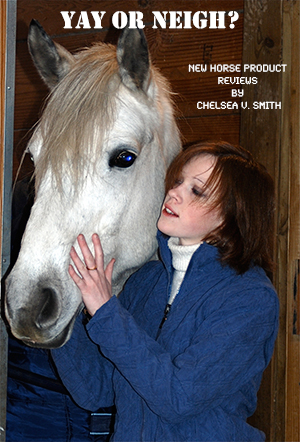Family Farming ~ Means Mucking In and Mucking Out
By Nikki Alvin-Smith

When folks say farming is a lifestyle not a job they’re not kidding. And in any climate or region around the world, reliance on family members to come together and chip in to help means mucking in and mucking out all year long. And if you are not prepared to participate, then maybe you shouldn’t take on the farming lifestyle.
Of course if you decide to reside in a farming community and don’t have a farming background, there are some adjustments to make. For people that have just moved from suburbs or urban living to the countryside all this farming activity can come as a bit of a shock.
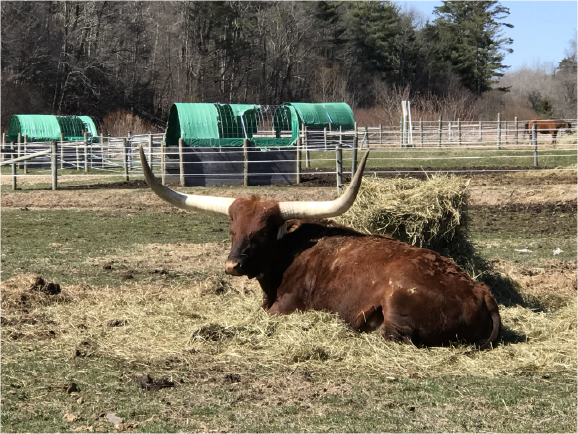
In my neighborhood the rural character of the area showcases families that truly work hard for very long hours to keep their businesses running. Sure, this may mean some odors from the necessary manure spreading, an abundance of flies due to the manure around, or the need to wait patiently in line to overtake farm equipment safely when out and about on the highway. But you don’t get those beautiful wide-open spaces and a peaceful existence without the farms being in business.

As I grew up next door to a farm and milked cows and bottle-fed orphan lambs, have driven tractors and shifted hay bales as a kid (and as an adult), I don’t mind the odors that animals will inevitably produce or the mud on the road dropped by farm equipment on their travels or the noise deep into the night from machinery working at harvest time. Farming is a messy and sometimes noisy business, and the equipment and operators are always in a rush to beat the weather and the clock. Accidents do happen as a result, and not all operators of equipment are the most talented at handling it. But thankfully most farmers are cognizant that their big equipment can do damage to property, roads and the like, and if they cause a problem they are quick to fix it.
Even if you are not up close and personal with livestock their presence will be known to you if you live in the country. While you may not be directly involved in farming life, experiencing times in the milking parlor with the cows up above you in the milking parlor on ground level and get sprayed occasionally with bovine urine or hit with a cow manure or cow-kicked, the arable and livestock farms come with traffic such as large milk trucks and noises at early hours as farmers make the most of the daylight.
But being happy with what farming life brings is certainly not the case for many people that move to the country. Complaints about everything that was here before they ever arrived are very common. Which is ridiculous of course. Thankfully, our town has had the foresight to establish a ‘Right to Farm’ law.
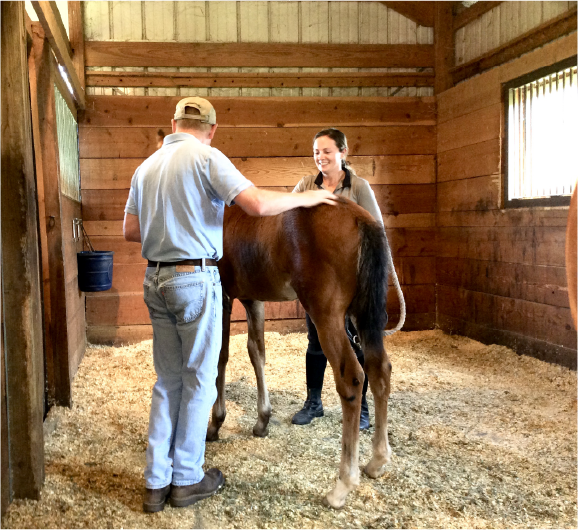
I admit that not all animals are my cup of tea. Camelids have a particularly obnoxious smell I’ve discovered, so alpacas are not for me.
Farming or being part of a farming community or a neighbor isn’t going to come without some compromises, but children that grow up around farming or as part of a farming family well know the great pleasures that hard work can bring, and experiences that truly cannot be matched. Many farms offer Open Day events, where neighborhood kids and parents, school groups and the like can visit and learn first-hand what farming is all about. And importantly, the work and dedication it takes to produce food.
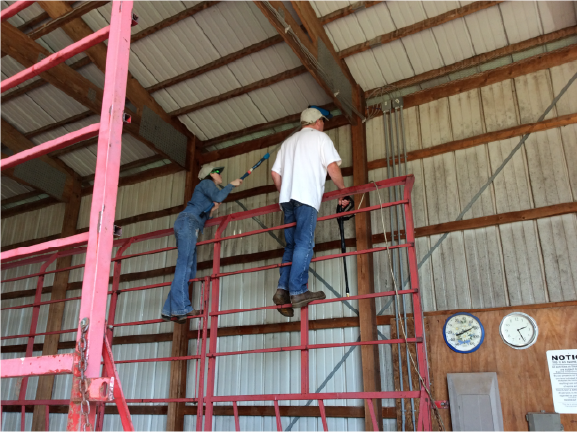
Men and women have long worked side by side as the family unit in the fields and in the barn. The advent of more advanced machinery has evened up the playing field when it comes to the need for brute strength, and children can also be taught from an early age to help with basic chores around the farm and to enjoy some unique experiences that they will carry with them throughout their lives. Hopefully happy ones – safety on the farm is very important for all. And we all learn good lessons from them.
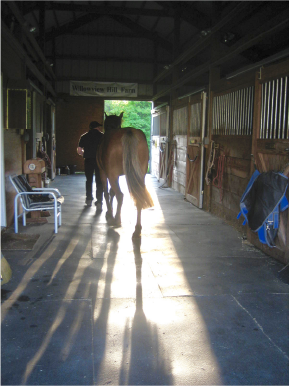 As a kid I was allowed to sit on the aged Hereford bull when he was in his barn pen. Perhaps that sounds risky and maybe it was, but he was very docile and the owner suggested it. I did learn at an early age not to fool around with animals. The Angus one on the other hand, I was taught to keep my distance from at all times. My twice daily horse-riding experiences were on ponies going out to check on birthing sheep and counting stock. I do admit to sometimes miscounting the sheep just so we were dispatched to do it over. An excuse to gallop and canter the fields some more. Brilliant.
As a kid I was allowed to sit on the aged Hereford bull when he was in his barn pen. Perhaps that sounds risky and maybe it was, but he was very docile and the owner suggested it. I did learn at an early age not to fool around with animals. The Angus one on the other hand, I was taught to keep my distance from at all times. My twice daily horse-riding experiences were on ponies going out to check on birthing sheep and counting stock. I do admit to sometimes miscounting the sheep just so we were dispatched to do it over. An excuse to gallop and canter the fields some more. Brilliant.
You never forget the warm milk pouring down your wellie boots when trying to initiate a lamb to accept the bottle that doesn’t seem to matter at all in those moments, or wax marking sheep in crowded barns and having your feet trodden on by barging tups/rams, or even worse a shod pony on your toes that won’t move. All experiences that taught me to be aware of your surroundings and figure out a better way to do stuff.
 Sadly today trying to obtain help from teenagers throwing hay off the wagons or doing any kind of manual labor is very difficult, even if you are prepared to pay well for their time and include some educational experiences for them.
Sadly today trying to obtain help from teenagers throwing hay off the wagons or doing any kind of manual labor is very difficult, even if you are prepared to pay well for their time and include some educational experiences for them.
On a horse farm the work in the horse barn often falls more to the family members that are most interested in equines and their unique characteristics. Horses just like other animals require some specialist knowledge to care, manage and to handle and train. Though their flighty nature does take a different skill set to handling other critters.
When it’s time to stock up on hay supplies pre-winter and there is some heavy lifting to do, unpacking the ‘all hands-on deck’ philosophy is likely to be implemented. We all know how much ‘horse husbands’ love that call to action.
The philosophy of everyone in the primary family unit and the extended family all pitching in to help out on a regular basis around the farm from dawn until dusk is not necessary to successfully run a farm, but it certainly can make a world of difference. And the opportunity to teach children the value of having a strong work ethic and understanding money issues by being conditioned to not expect everything for nothing but to have to ‘muck in’ or ‘muck out’ to earn it should not be lost.
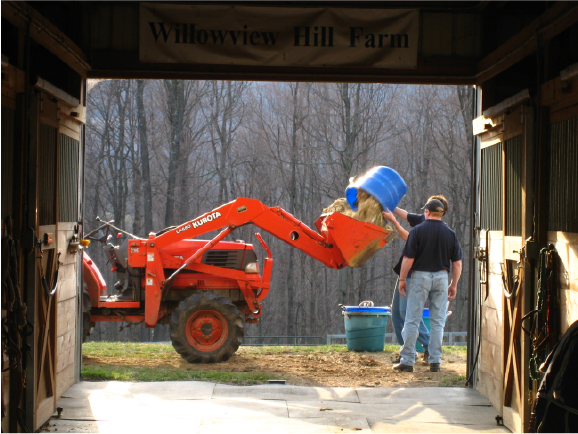
So next time you find yourself stuck behind a tractor with a piece of wide equipment or smell cow manure in the air, realize the operator is working hard to make a living and be patient. The tractor will get where it’s going and turn off the road in due course, and the rain will come and soak that manure into the ground where it will be recycled by Mother Nature and fertilize the food sources we all eat and the odor will abate. Support your farmers. They need it. And without them, there wouldn’t be open fields to buy to set up your horse farm or enjoy a trail ride. We all stand on our ancestors shoulders!


